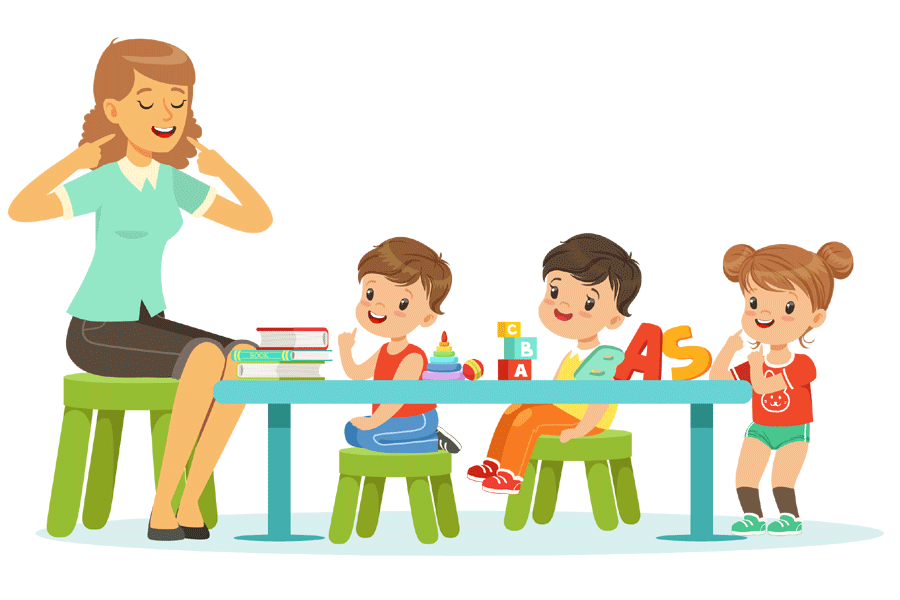
The journey towards effective communication can be both challenging and rewarding. Speech therapy, with its innovative techniques, plays a pivotal role in helping children overcome communication barriers.
For parents seeking to support their child’s development, Speech Pathologists can offer support with:
- Receptive language skills (understanding)
- Expressive language skills (speaking)
- Speech Sound Production
- Literacy
- Social Communication
- Pragmatic Language Skills
- Augmentative and Alternative Communication
- Play skills
Receptive language skills
For kids with autism, speech therapy is a game-changer for language development. It enhances both receptive (understanding) and expressive (speaking) skills. Speech pathology supports new avenues for communication and empowers your child to express themselves effectively.
Expressive language skills
Speech Pathologists work with children and their families to build the foundational skills needed for effective communication. This includes teaching children with autism to understand and use non-verbal communication methods, such as gestures, body language, and facial expressions. These skills lay the groundwork for improved social interactions and expressive language development.
Speech Sound Production
Speech Pathologists employ a range of techniques to address articulation and phonological disorders. These may include speech sound drills, targeted games, and play-based activities that make speech therapy engaging and interactive.
Literacy
Speech pathology is a valuable tool for enhancing literacy skills. Through specialised techniques, Speech pathologists foster phonological awareness, aiding in reading and writing development. Speech therapy can be a pivotal step in your child’s literacy journey, opening doors to written communication and comprehension.
Social Communication
Speech therapy can support your child to improve their ability to engage in meaningful social interactions. Group therapy sessions and social stories are examples of strategies used to enhance a child’s social communication skills, helping them connect with peers and family members.
Pragmatic Language Skills
Pragmatic language skills involve using language appropriately in different social contexts. Speech therapists work on teaching children with autism the nuances of conversation, such as taking turns, maintaining a topic of conversation, initiating interactions and understanding higher level language such as figurative speech or sarcasm. Through role-playing and real-life scenarios, therapists help children practice these skills in a supportive environment.
Augmentative and Alternative Communication (AAC)
For some children who struggle with verbal communication, AAC systems offer a breakthrough. These systems include tools like picture exchange systems, communication boards, and AAC devices. Speech Therapists work closely with families to introduce and adapt these technologies to help children express their needs, thoughts, and emotions effectively.
Play skills
Speech therapy is not just about words, it’s also about play. It helps children develop essential play skills, promoting social interaction and creativity. Speech Pathologists empower your child to communicate and enjoy playtime to the fullest and support them to engage in a wide range of play within both structured and unstructured varieties.
Speech Pathologists work closely with families to foster communication skills, enhances social interaction, and offers valuable tools for a brighter future. As parents, supporting your child’s journey through speech therapy can be both fulfilling and impactful, as you witness their progress and celebrate their growing ability to express themselves and connect with the world around them.


